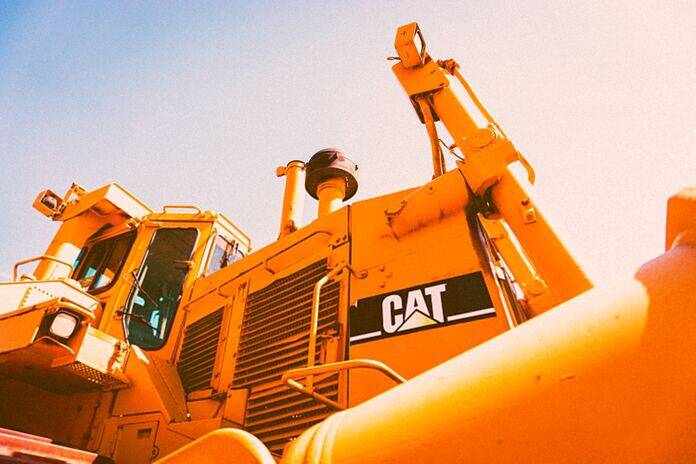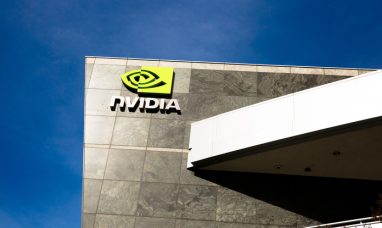Farm and construction equipment companies, exemplified by Caterpillar (NYSE:CAT) and Deere & Company (NYSE:DE), have significantly outperformed broader markets over the past two decades. Caterpillar shares have surged over 1,200% since February 2004, adjusted for dividends, while Deere stock has returned 1,740% during the same period.
However, past performance is not the sole determinant for current and prospective investors. Let’s analyze which of these large-cap giants appears to be the more compelling investment opportunity at present.
The Case for Caterpillar Stock
With a market capitalization of $164.7 billion, Caterpillar is a manufacturer and distributor of construction and mining equipment, off-highway diesel and natural gas engines, industrial gas turbines, and diesel-electric locomotives. In Q4 2023, Caterpillar reported revenue of $17.07 billion, a 13% year-over-year increase, with adjusted earnings per share surpassing estimates at $5.23.
Caterpillar ended Q4 with an operating margin of 18.4%, significantly higher than the year-ago period’s 10.1%. The company’s robust earnings base enabled it to report an operating cash flow of $12.9 billion in 2023, facilitating the return of $7.5 billion to shareholders through dividends and buybacks over the past 12 months.
With an order backlog of $27.5 billion, Caterpillar anticipates marginal sales growth to $67.6 billion in 2024, supported by healthy demand across most end markets. Despite a somewhat uncertain macroeconomic backdrop, the company raised profitability guidance for the year and expects free cash flow between $5 billion and $10 billion.
Priced at 15.4 times forward earnings, Caterpillar offers a reasonable valuation, particularly considering the forecasted 12.6% annual earnings growth over the next five years. Additionally, the company provides an annual dividend of $5.20 per share, reflecting a yield of 1.6%, with a consistent annual growth rate of 10% over the past two decades.
The Case for Deere Stock
With a market capitalization of $108.1 billion, Deere manufactures and distributes equipment across sectors such as agriculture, construction, forestry, and turf care. Founded in 1837, Deere has weathered numerous economic downturns, showcasing the resilience of its cash flows.
In fiscal Q4 2023, Deere reported adjusted earnings of $8.26 per share, surpassing estimates. However, the stock experienced a decline following Q3 numbers as the company forecasted lower net income for fiscal 2024 compared to 2023. Like other construction sector companies, Deere’s management anticipates sales volume to transition from recent cyclical peaks to mid-cycle levels in the coming year.
Deere pays a quarterly dividend of $1.47 per share, offering a yield of 1.5%, with annual payout growth averaging 12.5% since 2004.
Analyst Outlook
Of the 20 analysts covering Caterpillar, opinions are divided, with 7 advocating a “strong buy,” 1 suggesting a “moderate buy,” 10 recommending a “hold,” and 2 advising a “strong sell.” The average target price for Caterpillar stands at $271.42, approximately 16% below its current trading price.
For Deere, 11 analysts recommend a “strong buy,” 1 suggests a “moderate buy,” and 8 advise “hold.” The average target price for Deere is $428.33, representing a 13.8% increase from its current trading price.
Conclusion
While both Caterpillar and Deere offer compelling investment cases, with Deere showing slightly more favorable analyst sentiment and target price appreciation potential, investors should conduct thorough due diligence to align with their investment objectives and risk tolerance.
Featured Image: Unsplash















